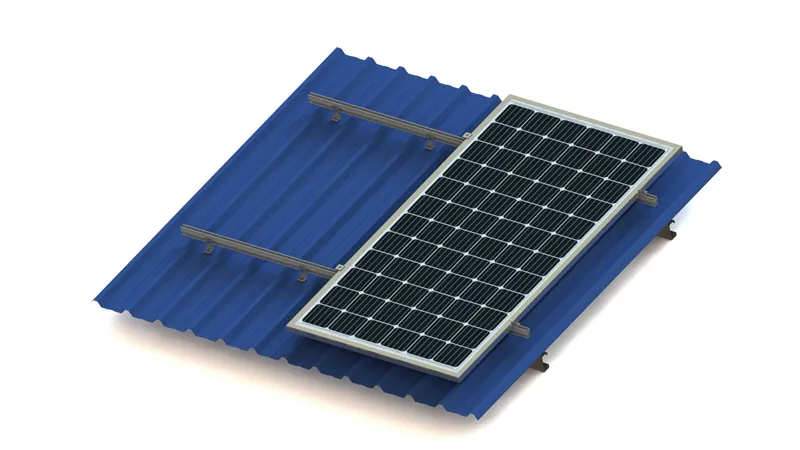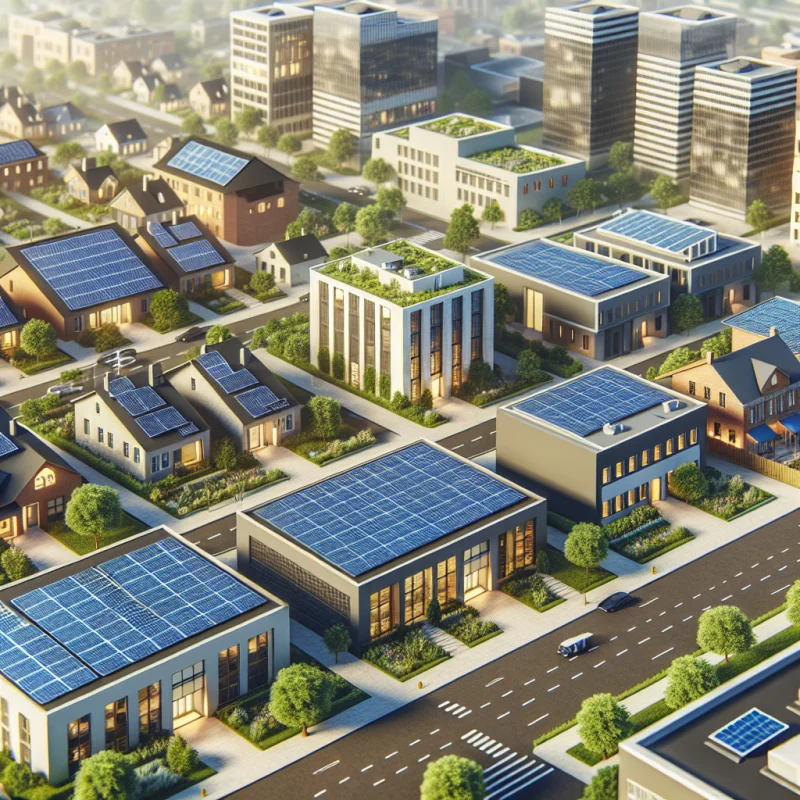Professional Installation
The foundation of a safe and reliable solar roof system lies in professional installation. Look for a qualified installer who is certified by relevant organizations and has a proven track record. Here's what to consider when choosing an installer:
Certifications: Ensure the installer holds certifications from reputable organizations like the North American Board of Certified Energy Professionals (NABCEP) or the Solar Energy Industries Association (SEIA).
Experience: Opt for an installer with experience in your specific region and roof type.
Insurance: Verify that the installer has adequate liability and worker's compensation insurance.
Warranties: Choose an installer who offers comprehensive warranties on both the installation work and the solar equipment itself.
A professional installer will conduct a thorough roof inspection, ensure proper code compliance, and use the appropriate mounting techniques for your roof structure. This meticulous approach minimizes the risk of future leaks or damage to your in-roof solar system or roof-mounted PV system.

Quality Materials
Investing in high-quality solar panels and components is essential for long-term system performance and safety. Look for components that boast certifications from reputable bodies like Underwriters Laboratories (UL). Here are some key considerations:
Solar Panels: Choose panels from established manufacturers who offer warranties of 25 years or more. Consider factors like efficiency ratings and temperature coefficients when selecting panels.
Inverters: Inverters convert the DC electricity produced by the panels into usable AC electricity. Opt for inverters with high efficiency ratings and a proven track record of reliability.
Mounting System: The mounting system secures the solar panels to your roof. Choose a system made from durable, weather-resistant materials and designed for your specific roof type.
By selecting high-quality materials, you can ensure your solar roof system continues to generate clean energy efficiently for decades to come.
Safety Protection
Safety is paramount when dealing with any electrical system. Here are some key safety features to consider for your solar roof system:
Rapid Shutdown System: This system ensures that the DC voltage on the roof quickly drops to a safe level in the event of a fire or other emergency, minimizing the risk of electrical shock for firefighters or anyone else on the roof.
Arc Fault Circuit Interrupters (AFCIs): These devices detect and interrupt electrical arcs that can potentially cause fires.
Grounding and Bonding: Proper grounding and bonding are crucial for preventing electrical shock and ensuring the safe operation of the system.
A professional installer will incorporate these safety features into your solar roof system design and ensure they are properly installed and functioning correctly.
Monitoring Management
A solar roof system monitoring system allows you to track your energy production, identify potential issues, and optimize system performance. Monitoring systems typically provide features like:
Real-time and historical energy production data
Performance alerts for potential problems
Remote system monitoring capabilities
By actively monitoring your system, you can catch and address minor issues before they escalate into major problems. This proactive approach helps to ensure the long-term reliability and efficiency of your solar roof system.

Logo Placement
While not directly related to safety and reliability, logo placement is an important consideration for homeowners who have an aesthetic preference. There are two main options for solar panel logo placement:
On the front of the panel: This is the most common placement, but it can be visually disruptive for some homeowners.
On the back of the panel: This option offers a cleaner aesthetic but may be slightly less visible for marketing purposes.
Discuss your logo placement preferences with your installer to find a solution that meets both your aesthetic and branding needs.
Functional Design
A well-designed solar roof system should not only be safe and reliable but also functional and aesthetically pleasing. Here are some design considerations:
Shading Analysis: A professional installer will conduct a shading analysis to determine the optimal placement of solar panels for maximum energy production.
Roof Suitability: The type of roof you have will influence the design of the solar roof system. For example, a flat roof may require a different mounting system than a pitched roof.
Aesthetics: Solar panels can be integrated seamlessly into your roof design. Discuss your aesthetic preferences with your installer to find a solution that complements your home's exterior

